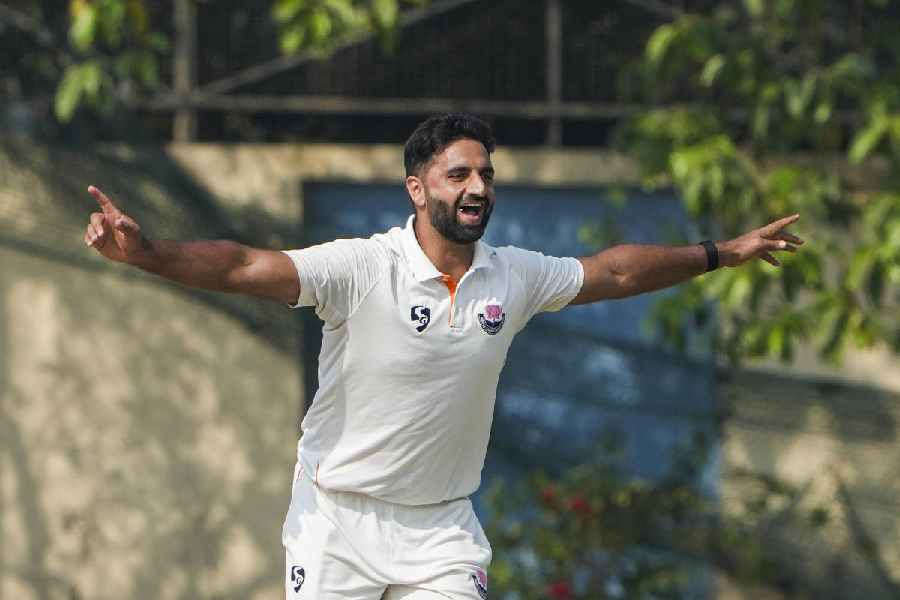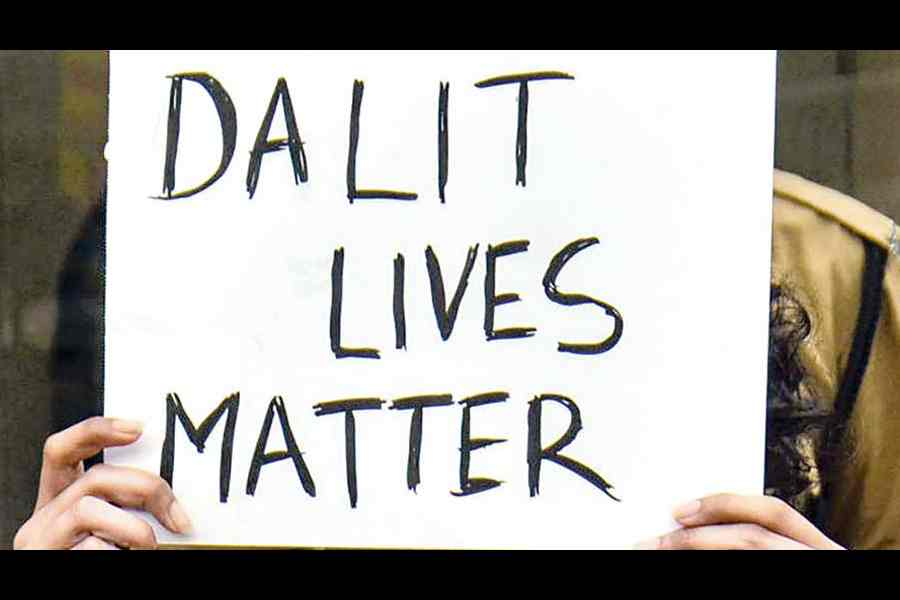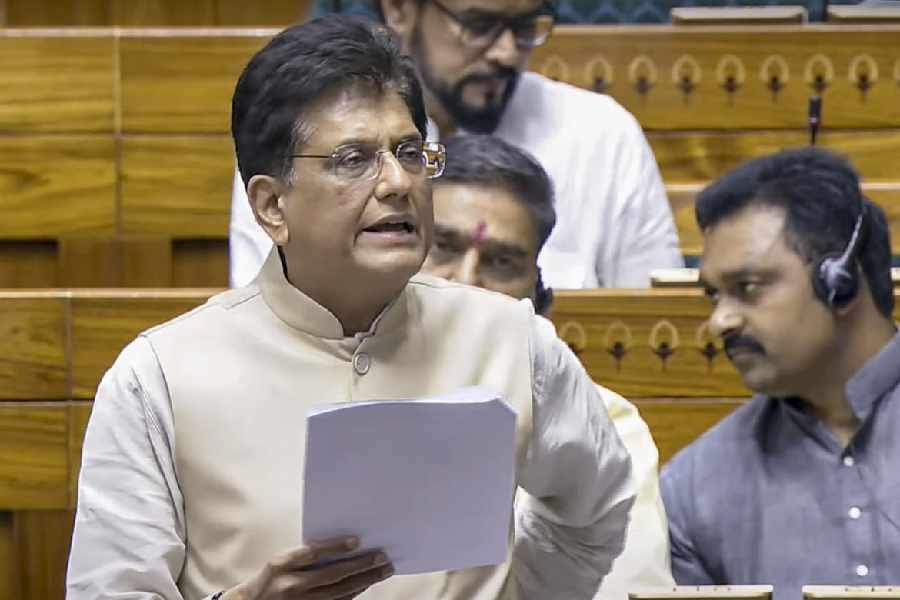New Delhi, July 28: A government panel has recommended the continued use of an anti-diabetic compound and a painkiller only a month after the Union health ministry suspended their sale amid concerns about their side effects.
The Drugs Technical Advisory Board (DTAB), a panel of experts that advises the Centre on medicines, has asked the health ministry to revoke the bans on the anti-diabetic pioglitazone and the painkiller analgin, sources said.
The suspension order was issued on June 18 amid concerns that pioglitazone carries a risk of bladder cancer and analgin that of fatal anaphylactic shocks among other adverse effects. The DTAB decision came at a meeting on July 19, said sources one of whom was at the meeting.
“Two drugs labelled by the government as unacceptable only a month ago are about to be described as acceptable,” said a “shocked” Chandra Gulhati, pharmacologist and editor of the Monthly Index of Medical Specialities, India, an independent journal of drugs.
“DTAB members need to explain what new information they have used to do this,” Gulhati said.
A DTAB member said the recommendation was guided by the conviction that a drug need not be banned just because other countries have reported adverse effects.
“We have to establish our own scientific data (on adverse effects) to ban medicines,” the member, who requested anonymity, told The Telegraph.
But pharmacology specialists argue that India has had a dismal track record of tracking or identifying drugs’ adverse effects.
“Indian drug regulators have over the years banned nearly 90 drugs, and virtually all of them based on information about adverse effects from outside India. Why are pioglitazone and analgin being treated differently?” Gulhati said.
Concerns about pioglitazone emerged after a study in France showed that patients exposed to it have a 1.2-fold increased risk of bladder cancer compared with patients who never took the drug.
France suspended the use of pioglitazone in June 2011, and both US and European drug regulators introduced rules requiring the link to bladder cancer to be explained on drug information leaflets for patient awareness.
An agenda document for the July 19 DTAB meeting too says a group of diabetologists in India had in December 2012 reported eight cases of bladder cancer that they believed was associated with pioglitazone. The patients were from Belgaum, Hyderabad, Mumbai and Salem.
Several senior diabetes specialists, however, argue there is a place for pioglitazone in India’s diabetes market.
“It would be good if the government revokes the ban,” said Anoop Misra, head of the diabetes department at the Fortis Hospitals in New Delhi, who is not a DTAB member.
“We need this low-cost, effective drug for patients in India. However, physicians as well as patients should be adequately educated about its side effects.”
Gulhati says he is even more surprised at the recommendation to lift the ban on analgin.
A parliamentary standing committee on health that scrutinised the functions of India’s drug regulators had last year asked the government to examine the rationality of continued marketing of analgin.
The drug has been withdrawn or banned in Australia, Bangladesh, Ireland, Denmark, Malaysia, Pakistan, Saudi Arabia and the US, among other countries. The health ministry’s June 18 order had cited its “progressive” withdrawal from many countries.
“I’m shocked by the DTAB’s latest decision. It seems they are either trying to use analgin as a smokescreen to push through pioglitazone, or they are trying to openly defy the parliamentary panel,” Gulhati said.










